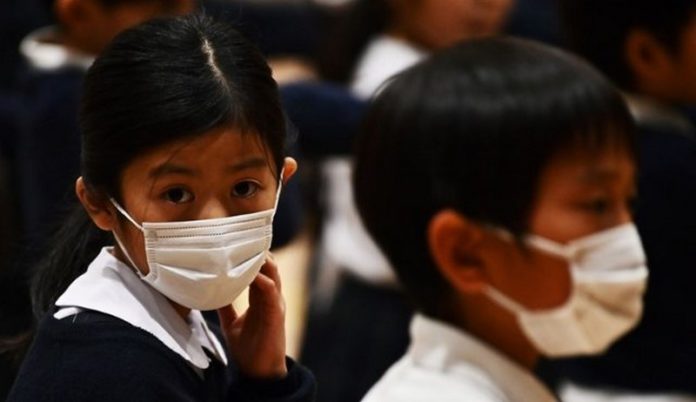Coronavirus Covid-19 has now spread to six continents – only Antarctica is currently free of infections – and has triggered more than 85,000 cases of respiratory illness, of which nearly 3,000 have been fatal. The spread of the disease, which first emerged in Hubei province in central China at the beginning of 2020, has also triggered widespread financial alarm over the past week, with stock markets suffering their worst week since the global financial crisis of 2008.
Covid-19 is now an epidemic in many parts of the globe and is destined to have a major impact on the health of the planet. Here we answer some key questions about the disease and its likely effects.
Most doctors had been expecting the next major viral outbreak to involve a strain of flu. In what ways does Covid-19 differ from the influenza virus?
Both Covid-19 and influenza are respiratory illnesses and are spread by exhaled droplets which can survive in the air and on surfaces for short times. However, this strain of the coronavirus produces a fever and a dry cough but does not trigger runny noses or sneezing, as commonly occurs with flu.
So what is the best protection against picking up the virus? In particular, how useful are face masks?
Doctors say that there is little evidence that masks protect wearers from infection. Instead they recommend that people wash their hands regularly, clean work surfaces and door handles, and try to avoid touching their eyes, nose and mouth.
What plans have been prepared to contain a possible epidemic of Covid-19 in the UK?
A major fear is that rapidly growing numbers of infected individuals could overwhelm hospitals and general practitioners’ surgeries as the virus spreads and people become increasingly worried that they may be infected. Care of individuals in hospitals with other serious conditions could be affected. As a result, plans have been set up to “engineer the epidemic” by quarantining cases and attempting to limit the numbers of infected people coming into contact with uninfected individuals. This would slow down the disease’s spread. Cases of Covid-19 would then appear over a longer period of time and would not abruptly trigger chaos at hospitals.
When might we expect a vaccine to be ready?
Researchers have already begun work on a vaccine, but few believe one will be ready for at least another year. Certainly it will be too late to help deal with any UK epidemic that may emerge in the next few weeks.
Will it be possible to eradicate Covid-19, or could it reappear regularly in future?
The World Health Organization and the Chinese government both say it will be possible to eradicate the virus. Not every scientist agrees, however. “I would not be surprised if we now have a virus that we will have to deal with forever,” says Prof Mark Woolhouse of Edinburgh University. “However, in such cases the first major outbreak is always the worst one. After that it should settle down and become part of a regular repertoire of winter viruses, I would imagine.”
Is it possible the warmer weather may bring relief?
Some observers have pointed to the fact that Africa has relatively few cases of Covid-19 and that this may be a response to hotter conditions there. The virus cannot take the heat, in other words.
Most scientists counsel caution, however. “The disease has only just arrived in Africa and it is far too early to tell how it will behave there,” says Woolhouse. “We will just have to wait and see.”Advertisement
What are your chances of surviving if you become infected?
Most figures suggest that around 1% to 2% of people will die after being infected with Covid-19, though that figure could decline as more and more cases in a region are recognised. Scientists are also clear about those who are most at risk from Covid-19: at the moment, it appears that the elderly are most at risk.

